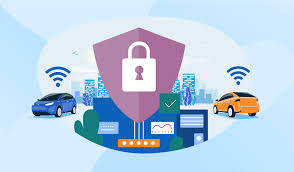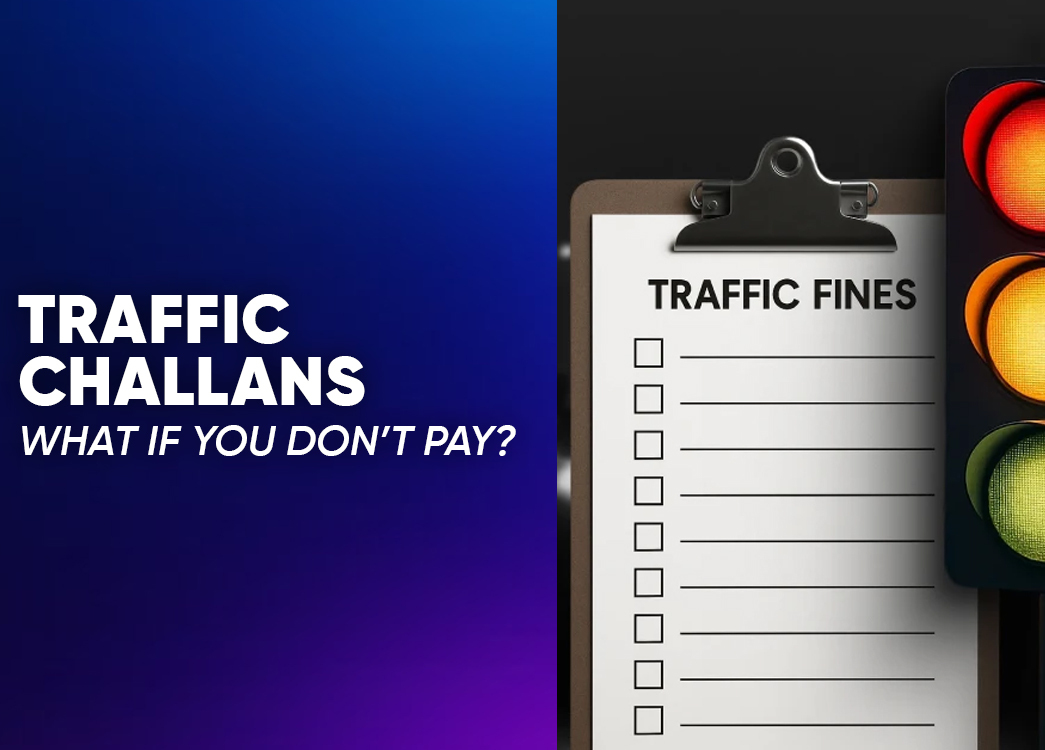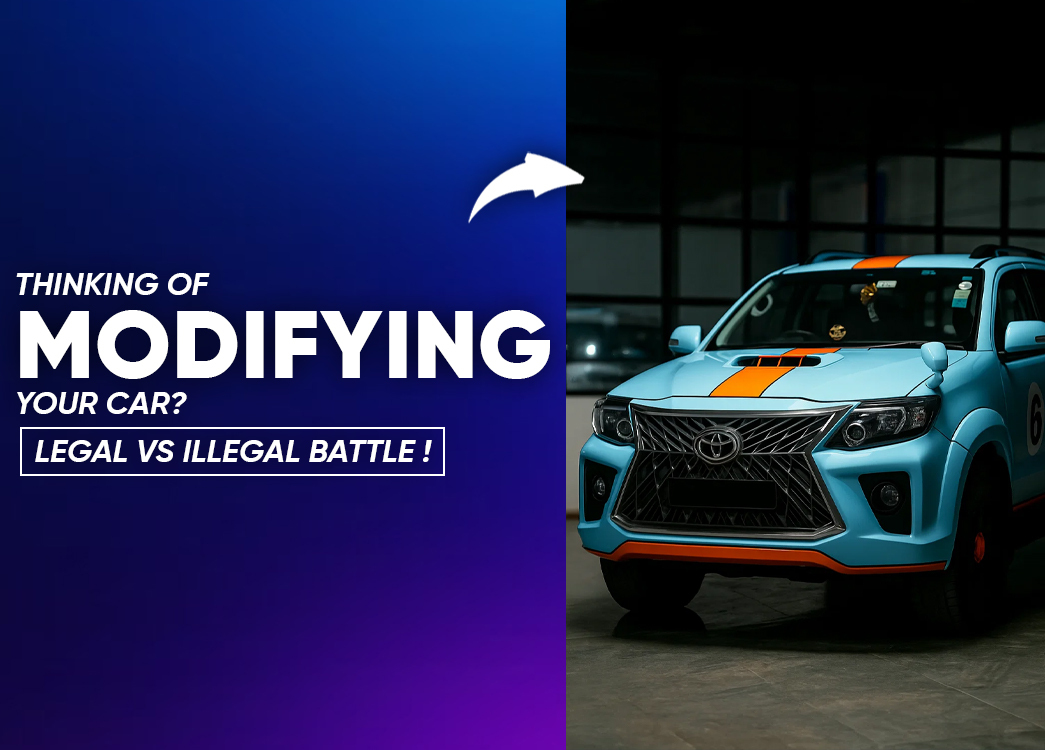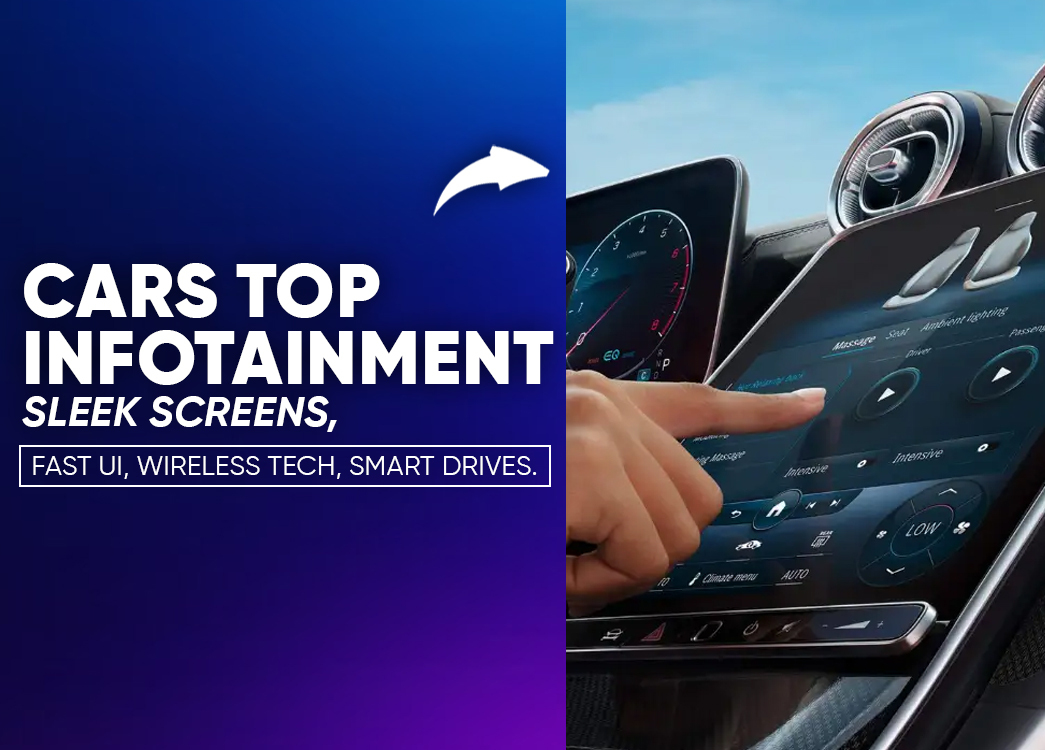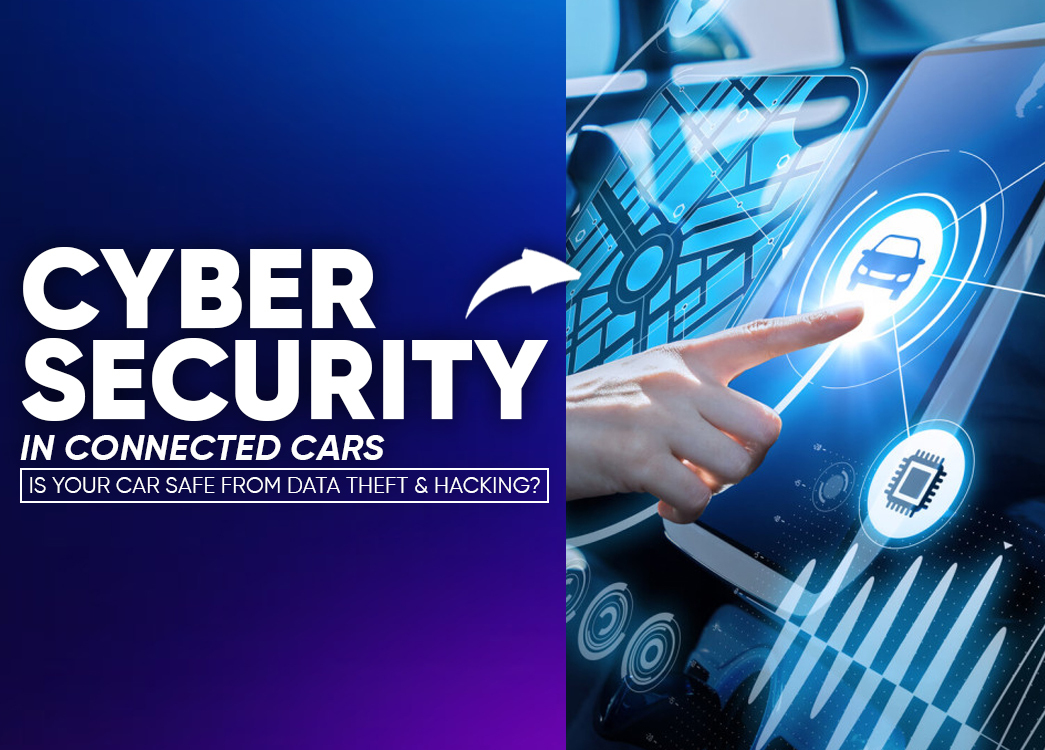
By creckk On 30-08-2025 at 10:24 am
Cybersecurity in Connected Cars: Protecting Your Data & Safety
Table of Contents
- What Is Cybersecurity in Connected Cars?
- Why Is Cybersecurity Important for Connected Cars?
- Common Cybersecurity Threats in Connected Cars
- How Are Manufacturers Addressing Cybersecurity?
- How Can You Protect Your Connected Car?
- FAQs About Connected Car Cybersecurity
- The Future of Cybersecurity in Connected Cars
- Conclusion: Stay Informed and Proactive
What Is Cybersecurity in Connected Cars?
Cybersecurity in connected cars means protecting the vehicle’s digital systems, data, and networks from hacking or manipulation. Modern cars use telematics, infotainment, and V2X (vehicle-to-everything) communication, which improve safety and convenience but also create new doors for hackers. It’s like locking your digital garage before someone sneaks in.
Why Is Cybersecurity Important for Connected Cars?
Today’s cars collect vast data from your location and driving behavior to financial details saved in apps. If this data is hacked, the impact can be massive:
- Data Theft: Hackers could access sensitive personal details.
- Vehicle Manipulation: Remote access to brakes, steering, or engines can risk lives.
- Privacy Violations: Tracking your movements without consent.
- Financial Loss: Stolen data, ransom demands, or expensive repairs.
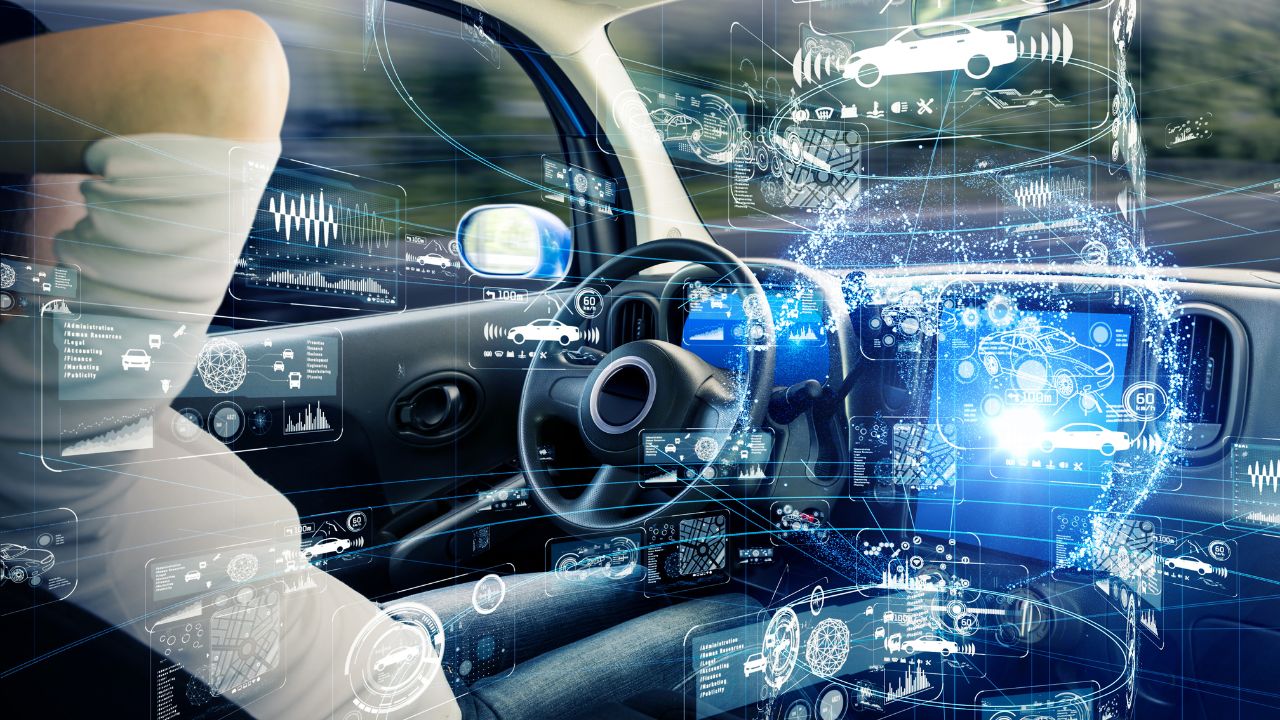
Common Cybersecurity Threats in Connected Cars
Think of your connected car as a computer on wheels. Just like computers, it faces unique cyber threats:
1. Remote Hacking
Hackers can exploit weak Wi-Fi, Bluetooth, or cellular systems to unlock doors, disable engines, or worse take control remotely.
2. Malware and Software Exploits
Infected USB drives, shady apps, or compromised over-the-air updates can inject malware into a car’s system, opening pathways for attackers.
3. Data Interception
V2X communication is powerful but risky. If not encrypted, attackers can intercept or even alter commands sent between vehicles.
4. Infotainment System Attacks
Your infotainment is often connected to your phone. Weak passwords or poor security allow hackers to access your contacts, payment data, and navigation history.
5. Supply Chain Vulnerabilities
Modern cars are built from parts supplied by multiple vendors. A single compromised sensor or chip can be the hacker’s entry point.
How Are Manufacturers Addressing Cybersecurity?
Car makers know the risks, and they’re investing heavily in digital locks and shields. Their approach includes:
- Encryption & Authentication: Securing data transmissions and verifying connections.
- Over-the-Air Updates: Regular patches, much like phone updates.
- Intrusion Detection Systems: Monitoring car networks for suspicious activities.
- Cybersecurity Partnerships: Working with experts for penetration testing.
- Industry Standards: Following global protocols like ISO/SAE 21434 for auto cybersecurity.
How Can You Protect Your Connected Car?
As an owner, you play a crucial role in keeping hackers at bay. Think of it as basic cyber hygiene for your car:
- Keep Software Updated: Always install the latest OTA updates.
- Use Strong Passwords: Don’t leave defaults create unique codes.
- Limit Connectivity: Turn off Wi-Fi/Bluetooth when not needed.
- Be Cautious with Apps: Download only from trusted sources and review permissions.
- Monitor for Strange Activity: Unexpected alerts, glitches, or unusual car behavior should be reported.
- Use a VPN: If supported, encrypt your car’s internet traffic.
FAQs About Connected Car Cybersecurity
Are connected cars safe from hacking?
No car is 100% hack-proof. But regular updates, manufacturer safeguards, and cautious user habits significantly reduce risks.
What data do connected cars collect?
They gather GPS location, driving patterns, speed, contacts, navigation history, and sometimes even payment details. This makes them attractive to hackers.
Can a car be hacked remotely?
Yes. Wireless entry points like Bluetooth, Wi-Fi, or cellular make remote hacking possible. However, better encryption is reducing such risks.
How do I know if my car is secure?
Check if it gets regular updates, follows industry standards, and uses intrusion detection systems. You can also consult your manufacturer’s cybersecurity guide.
The Future of Cybersecurity in Connected Cars
As cars get smarter, so must their defenses. Trends shaping the future include:
- AI-Powered Threat Detection: Real-time scanning to stop attacks instantly.
- Zero-Trust Architecture: Every connection must prove legitimacy.
- Stricter Regulations: Governments enforcing universal standards for all vehicles.
- Blockchain for Data: Secure, traceable data transactions to avoid tampering.
Conclusion: Stay Informed and Proactive
Connected cars bring convenience and safety but also expose new risks. Cybersecurity isn’t just the manufacturer’s job it’s yours too. By staying informed, keeping your software updated, and practicing safe digital habits, you safeguard both your data and your life on the road. Stay alert, stay secure, and drive with confidence.
Related posts



